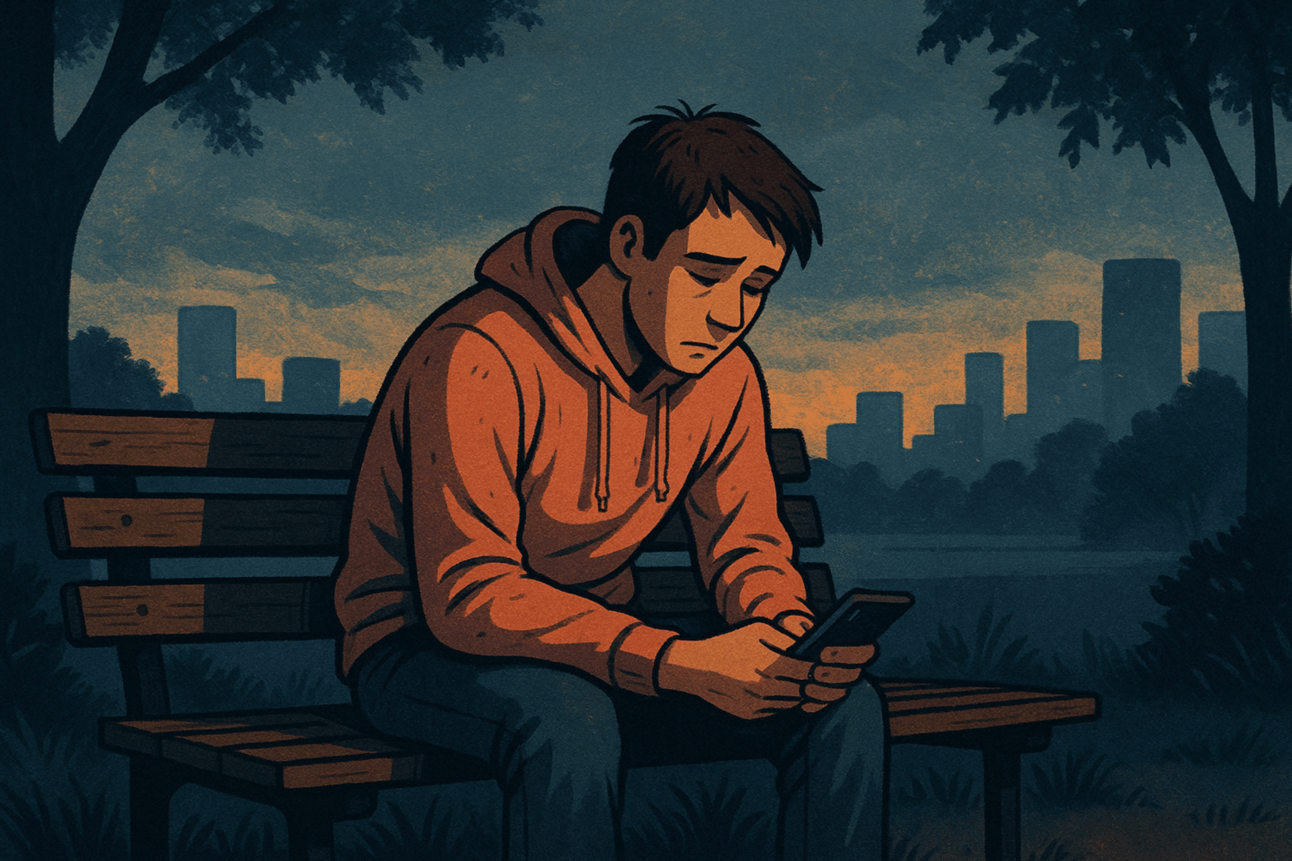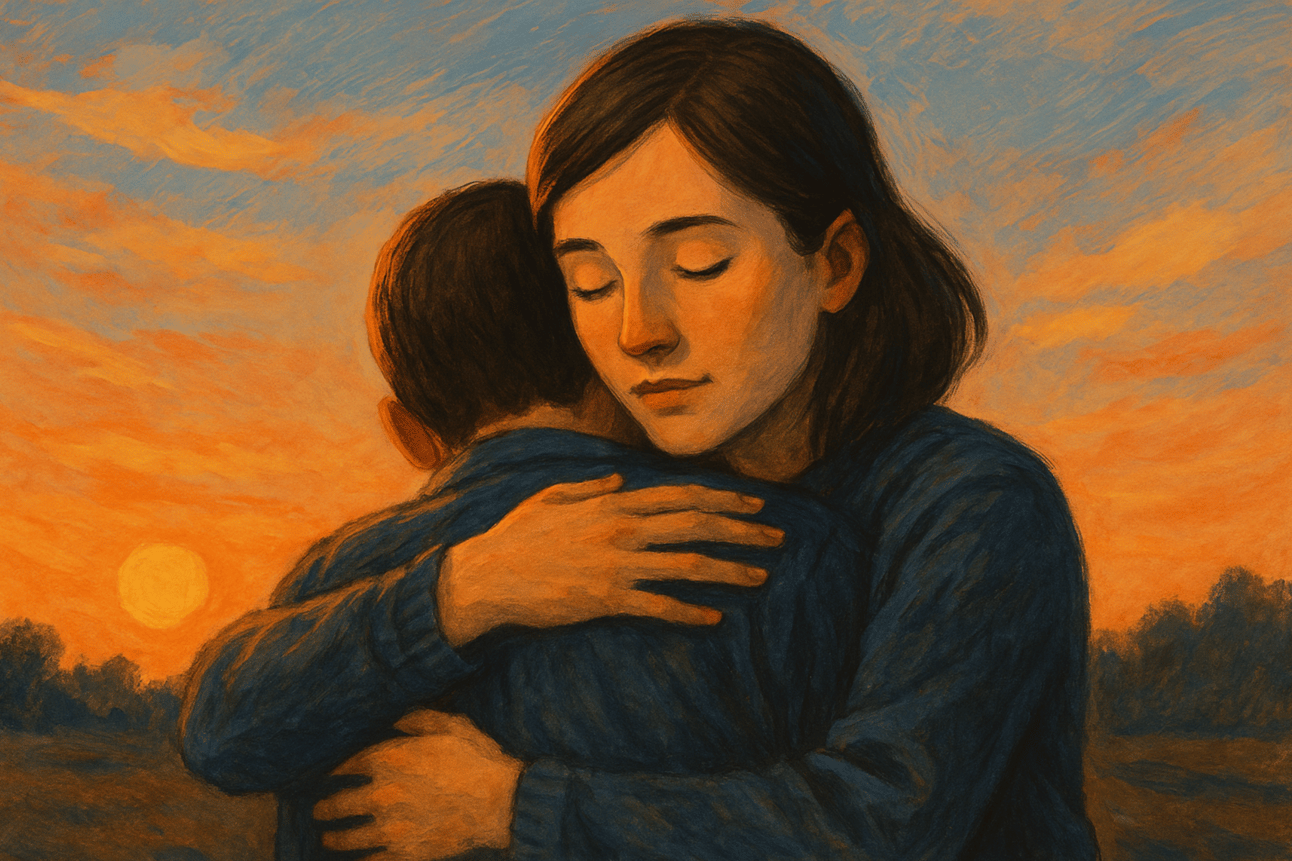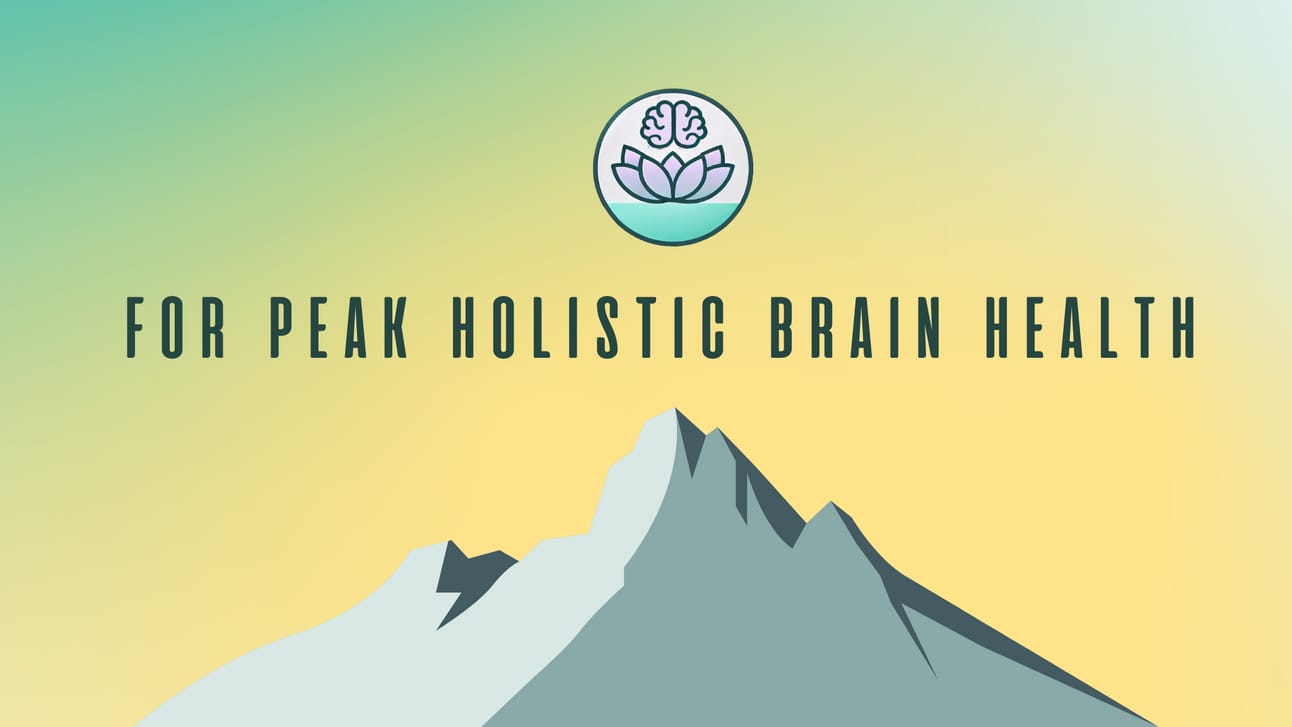- Zen Brain Blueprint
- Posts
- 💬 The Loneliness Loop: Why Hyperconnectivity Is Making Us Feel More Alone
💬 The Loneliness Loop: Why Hyperconnectivity Is Making Us Feel More Alone
The neuroscience of co-regulation, and how to restore emotional connection in a disconnected world
Hello, mindful humans!
In an age where we're constantly connected—scrolling, messaging, liking—it seems we should feel more bonded than ever. However, study after study shows the opposite: loneliness is on the rise, especially among younger generations.
Here’s the paradox: digital “connection” stimulates the dopamine system but bypasses the deeper biological circuits responsible for real emotional bonding.
This is not just a psychological problem. It’s a nervous system issue. One that affects your mood, health, cognition, and your capacity to feel truly connected.
Let’s dive in.

The Neuroscience of Connection vs. Disconnection
Real-world bonding activates a powerful biological mechanism called co-regulation. It’s when two nervous systems sync up through presence, eye contact, tone of voice, and shared movement (think of the power of a hug or the benefits of partner dancing).
This process:
Elevates oxytocin (the bonding hormone)
Tones the vagus nerve, improving heart rate variability (HRV) and emotional resilience
Enhances mirror neuron activity—boosting empathy and social understanding
📉 But what does chronic screen time do instead?
Reduces face-to-face microexpressions, limiting emotional resonance and delaying social growth (rise in autism spectrum disorders worldwide)
Trains your brain to seek dopaminergic novelty over sustained intimacy
Keeps your nervous system in a low-grade sympathetic (fight-or-flight) state, impairing trust and attunement
Research Insight: A 2021 study published in Nature Human Behaviour found a direct correlation between social media use and perceived social disconnection, particularly in teens and young adults.
Daily Practices for Nervous System Co-Regulation
Let’s be clear: you don’t need to delete all your apps. But you do need to retrain your body and brain for embodied connection.
Here’s how:
1. Reclaim Real Presence
📵 Designate sacred “off-screen” times—especially during meals, conversations, or when with loved ones.
👀 Practice maintaining eye contact when talking (even if it feels awkward at first—it gets easier with practice).
🧠 Why it works: Face-to-face presence activates the social engagement system of the vagus nerve, fostering attunement.
Try walking meetings, dancing with a partner, stretching together, or playing a sport with others.
✅ Try This:
A 10-minute walk with a friend or family member after dinner
Join a movement or breathwork class in person once a week
🧠 Why it works: Moving together synchronizes brainwave patterns and fosters deeper interpersonal trust.
3. Practice “Relational Stillness”
Sometimes, the most powerful bonding comes in calm, shared silence—sitting next to someone, breathing together, no phones, no words.
✅ Try This:
End your day sitting quietly with someone you care about—no devices.
Or practice a 2-minute grounding breath with your child or partner.
🧠 Why it works: Stillness regulates the nervous system and deepens limbic resonance (the non-verbal felt sense of connection).

In Case You Missed It: Research Highlights
📊 Digital Hyperconnectivity ≠ Emotional Connection
A meta-analysis in the American Journal of Health Promotion (2022) confirmed that increased screen time is associated with decreased self-reported emotional intimacy and empathy.
💓 The Power of Eye Contact
A study in Psychological Science showed that mutual eye gaze for just 60 seconds increased oxytocin levels and trust between strangers.
🧠 The Vagus Nerve and Connection
Harvard research has linked higher vagal tone to better emotion regulation, deeper social bonds, and even an improved immune response.
Rewire Loneliness Into Connection
You weren’t meant to go through life on a screen.
You were built for attunement. For laughter, presence, shared rhythms, and the subtle dance of nervous systems syncing together in real time.
Start small:
✨ Look someone in the eyes.
✨ Share a walk, a stretch, a breath.
✨ Put the phone down when it matters most.
The medicine for loneliness isn’t more followers. It’s a more felt presence.
Quote of the Week
“Connection is why we're here. It gives purpose and meaning to our lives.” — Brené Brown
Stay connected, stay grounded, and stay Zen, my friends

.